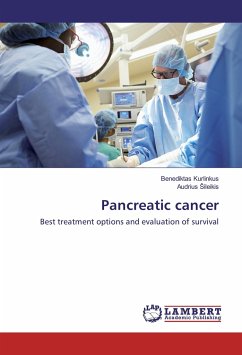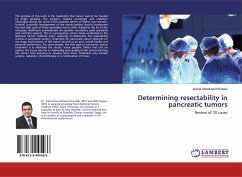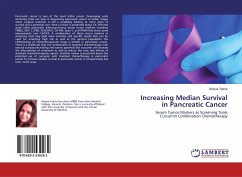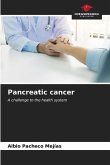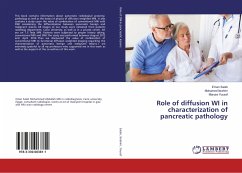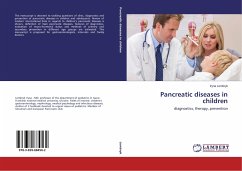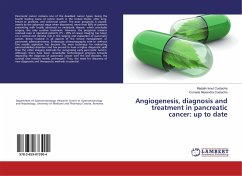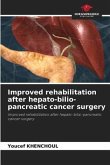There is a worldwide tendency for increasing morbidity because of the malignant pancreatic tumours. Pancreatic ductal adenocarcinoma is the most frequent type in this group. Its morbidity is not as high as the morbidity of other malignant tumours. Still, this disease is the fourth most common reason of death among oncological diseases. Radical surgery remains a golden standard for its treatment. Unfortunately, it is only possible to perform it for 15-20% of patients. The remaining patients, unsuitable for radical surgery, have two ways of palliative treatment: biliary tract stenting or biliodigestive anastomosis. Deciding the best option depends on tumour stage, patient preferences, age, clinical situation and the estimated prognosis, but is still a matter of debate. In this book we try to determine which patients with a certain stage of pancreatic cancer can benefit the most in terms of survival from a particular treatment method. Pathological examination after the surgery and acquired variables give doctor an essential information about the outspread of the disease. In this book we try to evaluate these variables and their significance for the prognosis of the disease.
Bitte wählen Sie Ihr Anliegen aus.
Rechnungen
Retourenschein anfordern
Bestellstatus
Storno

